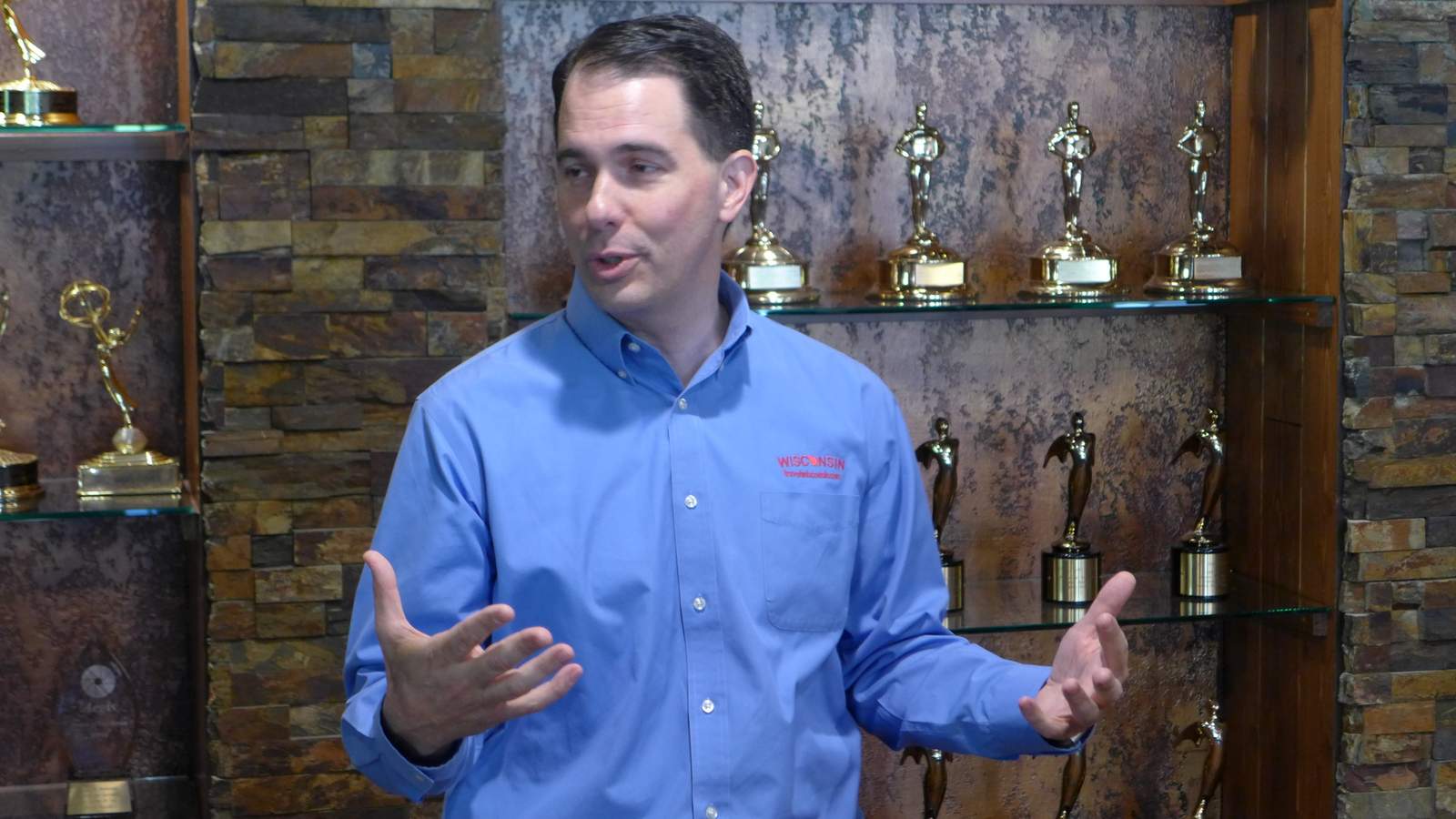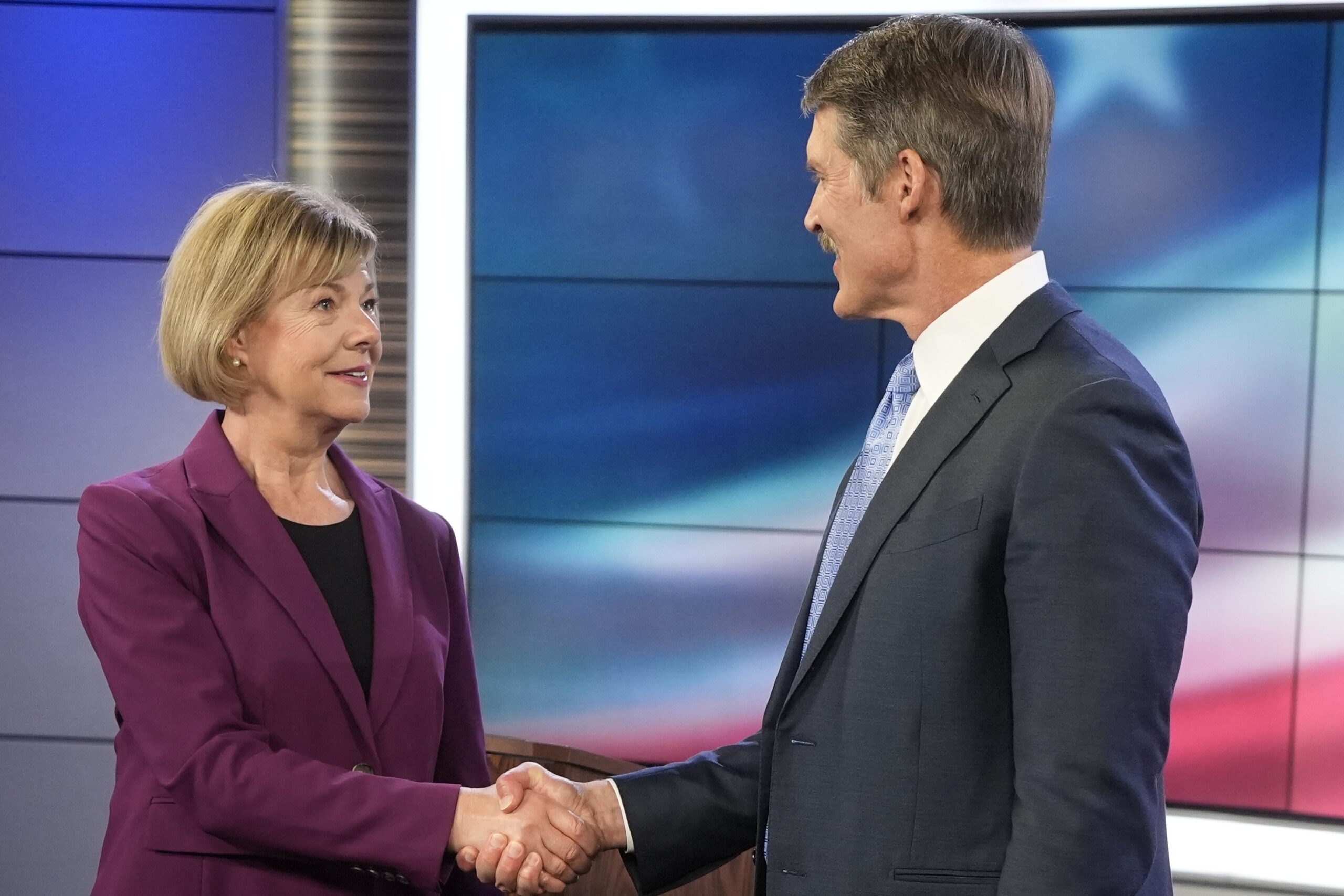Gov. Scott Walker won’t rule out seeking a federal waiver to drop the Affordable Care Act’s requirement that bans insurance companies from denying people coverage based on a pre-existing condition.
The health care bill U.S. House Republicans passed Thursday would let states seek a waiver from the federal government so insurers could charge people with pre-existing conditions more than other customers. The amendment would also set aside $8 billion to help states that take the waiver establish high-risk insurance pools to help people afford the higher premiums.
“It depends on the conditions,” Walker told reporters Friday in Madison. “What’s in the House bill could be very different than what’s in the Senate bill and what finally comes to the president. So I’m going to wait until I see what’s in the final version.”
Stay informed on the latest news
Sign up for WPR’s email newsletter.
Wisconsin had a High Insurance Risk Sharing Pool, known as HIRSP, before the Affordable Care Act.
“We had a very effective program before,” Walker said. “I think a lot of people were disappointed that Wisconsin was not allowed to have that under the Affordable Care Act, under Obamacare.”
Walker said he thought Congress was a “long ways out” from changing federal health care law, saying he believed there would be a number of changes to the final product.
Democrats pounced on Walker’s remarks, calling his position “extreme.”
“Gov. Walker just confirmed Wisconsinites’ worst fear about this health care bill,” said Democratic Governors Association Communications Director Jared Leopold.
No Comment Yet On Assembly GOP Tax Plan
Walker said he’s waiting to comment on a far-reaching plan by Assembly Republicans that would increase taxes on gasoline and dramatically cut income taxes.
The proposal by Brookfield Republican Dale Kooyenga would apply the state sales tax to gas while phasing out Wisconsin’s progressive income tax in favor of a flat tax for all residents, regardless of their income. It would also end a variety of tax credits.
“Well, it’s complex,” Walker said. “And a complex issue deserves people understanding the complexities and not just jumping on one thing or the other. Dale spent a lot of time and effort on it. He talked to us about major portions of it. It has changed many times over the last month or two. I just think we owe it to him —I mean I owe it to him, personally — to not just react to something here or there but to understand the full complexity of it.”
Walker has said previously he would be open to increasing revenue for transportation if there’s a corresponding tax cut elsewhere in the budget. Kooyenga’s plan would eventually cut taxes to the state’s general fund by roughly $2.4 billion per year.
Wisconsin Public Radio, © Copyright 2024, Board of Regents of the University of Wisconsin System and Wisconsin Educational Communications Board.







